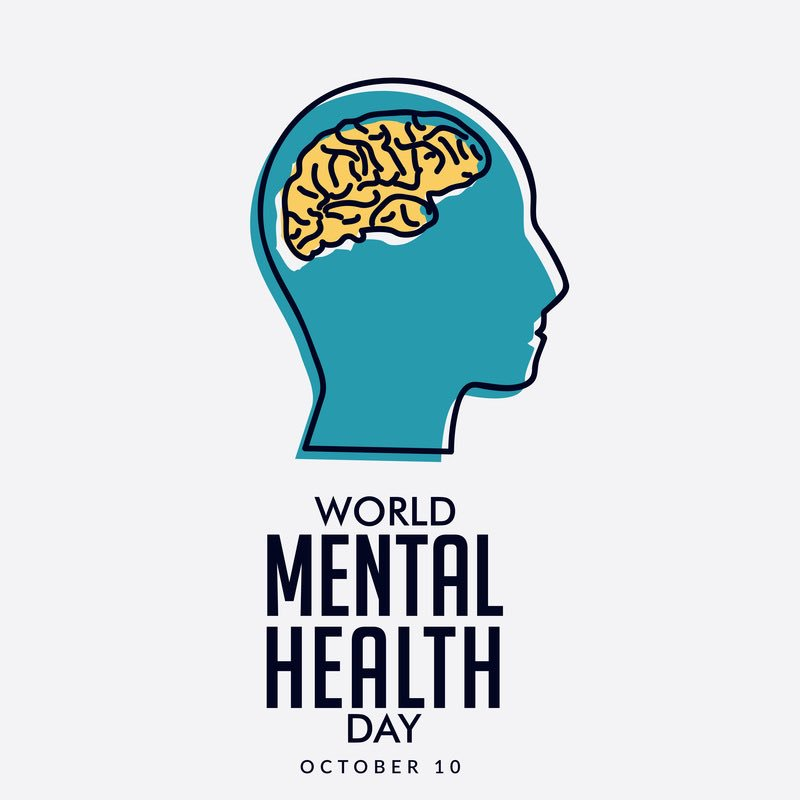World Mental Health Day Recognizes Mental Illnesses
Photo courtesy insighthealthcare.org
World Mental Health Day
Although there is a national or international ‘day’ for anything just about every day of the year, World Mental Health Day is definitely an undervalued occasion that should be worthy of more attention. With the ominous challenge of climate change, major human rights violations internationally, proliferation of a stigmatizing political environment, and a major shift toward technology, these events tend to overlook the internal and collective struggle of people on a day to day basis. To shed light on global mental health, the World Federation for Mental Health created the world’s first day in recognition of global mental health on October 10, 1992.
Each year, the WFMH releases varying themes at their initiative with the goal of focusing on specific and especially prevalent components of mental health of the past year. As all follow a pattern of mental health in aspects of society, 2018’s theme was, “Young People And Mental Health in a Changing World”. This isolates the rapid shift toward technology and cites cyberbullying and social media as major perpetrators of mental health problems among adolescents. Previous years have centered on areas of workplace, depression, healthcare, and culture – all of which grounded in every society. For the past twenty six years, more than 150 countries have joined the movement in raising awareness. Through World Mental Health Day, activists mobilize works in advocacy against the suffocating environment of mental health.
However, against all existing efforts, global mental health support is pitifully small. In a report by NPR last week, “Only one in twenty seven people with depression in developing countries … Developed countries do a bit better – one in five people with depression get treatment,” showing the absence of adequate measures taken to treat mental illness on a widespread scale. The rise of mental illness that has pervaded every society on Earth begs the question about what causes this rise.
According to Vikram Patel, co-head of the Lancet Commission on Global Health and Pershing Square Professor of Global Health at Harvard Medical School, “We know how to promote mental health, we know how to prevent mental health problems, and we know how to enable recovery,” but investment in financial and human resources continues to lack. With the World Health Organization concluding that 450 million suffer from mental illness and 1 million people commit suicide every year, investors like the Gates foundation are still scared and pessimistic of funding mental healthcare. Many assume that funding into mental treatment is terrifyingly minute since there are existing stigmas against those disabled by mental illness and no quick fix vaccines.
Against the existing currents, movements and activism are only bolstered by World Mental Health Day and are the key to linking things like intersectionality and stigma with global mental health dilemmas. As the international policy actions trickle down to a micropolitical movement, the world is undeniably moving in the right direction toward a stable understanding of mental illness.
Suicide Prevention Hotline: 1-800-273-8255
National Domestic Violence Hotline: 1-800-799-7233
American Foundation for Suicide Prevention: 1-888-333-2377
Anxiety and Depression Association of America: 240-485-1001
Depression and Bipolar Support Alliance: 1-800-826-3632
Children and Adults with Attention-Deficit/Hyperactivity Disorder: 800-233-4050
International OCD Foundation: 617-973-5801
National Institute of Mental Health: 1-866-615-6464

Grade: 11
Years on Staff: 3
Why are you writing for The Flintridge Press? Journalism is valuable in that not only is it a form of communication...







